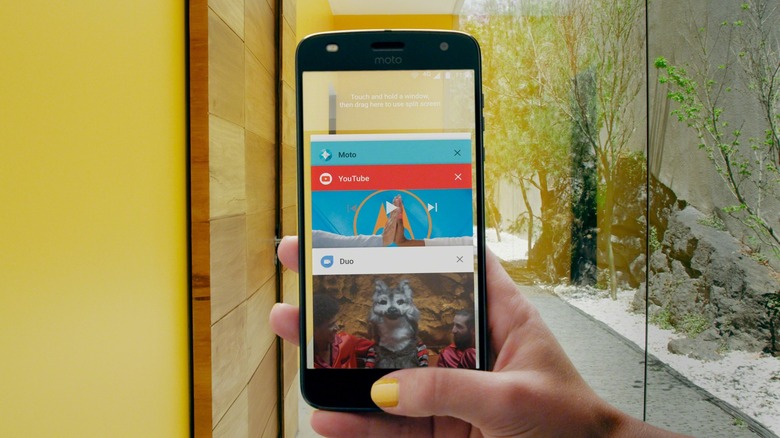The Amount Of Data Google Tracks From Your Android Phone Is Staggering
It should go without saying that, if you like any of Google's services, you're expected to share your private data with Google. You get free access to neat things like Google Search, Gmail, Maps, and Android OS, and in return you let Google show you highly-tailored ads that are based on your incredibly complex Google profile. It's a win-win situation if you will.
But that doesn't change the fact that Google collects an incredible amount of data about you, especially from that device you use most, your Android phone. And it might all happen without your knowledge, a new report explains.
Using three distinct Android phones, namely the Google Pixel 2, Samsung Galaxy S8, and Moto Z Droid, Quartz tracked all the data that leaves your phone to reach Google's servers.
The phones were not connected to a cellular network. Instead, they were hooked up to a portable Internet-connected Wi-Fi network able to eavesdrop on all the transmissions send and received by these phones.
Here's the kind of data your Android device transmits to Google on a regular basis:
- A list of types of movements that your phone thinks you could be doing, by likelihood. (e.g. walking: 51%, onBicycle: 4%, inRailVehicle: 3%)
- The barometric pressure
- Whether or not you're connected to wifi
- The MAC address—which is a unique identifier—of the Wi-Fi access point you're connected to
- The MAC address, signal strength, and frequency of every nearby wifi access point
- The MAC address, identifier, type, and two measures of signal strength of every nearby Bluetooth beacon
- The charge level of your phone battery and whether or not your phone is charging
- The voltage of your battery
- The GPS coordinates of your phone and the accuracy of those coordinates
- The GPS elevation and the accuracy of that
That's very disturbing considering that most people are actually unaware of it all, even if they all agreed to share Location History with Google. Because it appears that location tracking is actually the culprit here.
As soon as you allow any Google-made app to record your location history — Google Maps is one likely candidate, but there are plenty of others — all of Google's Android apps will then grab that location data, not just the app asking permission to track you.
Google did make Location History an opt-in program. But Quartz explains that the implications of enabling Location History in a Google app aren't clear to the user.
"With your permission, Google uses your Location History to deliver better results and recommendations on Google products," Google told Quartz. "For example, you can receive traffic predictions for your daily commute, view photos grouped by locations, see recommendations based on places you've visited, and even locate a missing phone. Location History is entirely opt-in, and you can always edit, delete, or turn it off at any time."
You can turn off Location History if you care about your privacy more than anything else, but that means not being able to use some apps that require access to your location — read the full Quartz report at this link.
